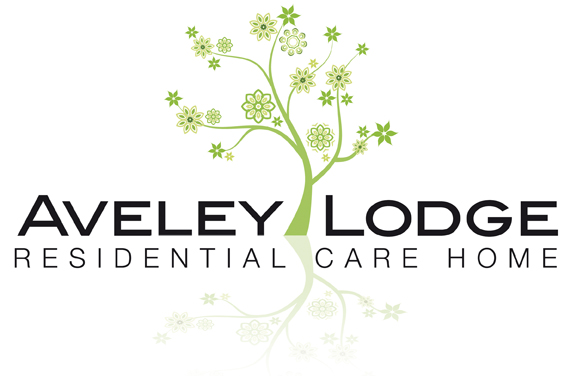Causes, symptoms and treatment for Strokes
A stroke happens when the blood supply to part of the brain has been cut off.
There are three main types:
- An ischaemic stroke: the most common type, caused by a blockage cutting off the blood supply to the brain.
- A haemorrhagic stroke; caused by a bleeding in or around the brain.
- A transient ischaemic attack or TIA; known as a mini-stroke, where the symptoms only last for a short amount of time because the blockage that stops the blood getting to the brain is temporary.
A stroke is a medical emergency and needs swift action. Signs that someone has had a stroke are: Facial weakness:
- Can the person smile? Has their mouth or eye drooped?
- Arm weakness: Can the person raise both arms?
- Speech problems: Can the person speak clearly and understand what you say?
Other symptoms include weakness or numbness on one side of the body, difficulty speaking, blurred vision or loss of sight, memory loss, confusion or dizziness, or a sudden, severe headache.
The risks of a stroke increase with age along with other factors like being overweight, drinking excessive amounts of alcohol, smoking, a lack of exercise and stress. Other factors that may increase the risk are family history, if a close relative has had a stroke and ethnicity, (south Asian, African or Caribbean) where the risks of diabetes and high blood pressure are higher.
The best way to help prevent a stroke is to eat a healthy diet, exercise regularly, and avoid smoking and drinking too much alcohol.
While some people recover quickly others are more severely affected and among the longer-lasting consequences can be:
- Depression and anxiety
- Communication difficulty
- Spatial awareness
- Memory
- Concentration
There may also be some degree of impaired movement, tiredness, and impaired vision.
Someone who has had a stroke may have any, some or very few of these so it is important that there is proper assessment to plan a treatment programme including physiotherapy, speech therapy and possible longer-term medication to control such things as cholesterol levels. It is also important to ensure a healthy diet and regular exercise.



